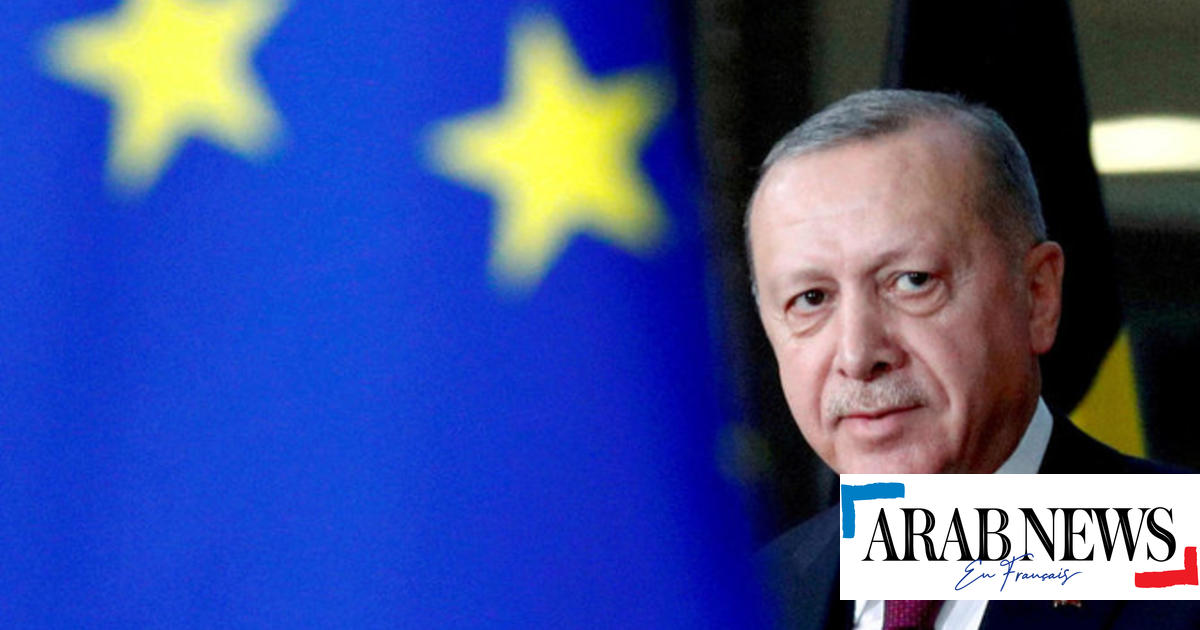
The European Union welcomes the high voter turnout in the Turkish elections
BRUSSELS: It is now official: the next European elections will take place from 6 to 9 June 2024, an election that will begin the renewal of key positions in key EU institutions.
In total, more than 400 million Europeans will be called to vote in the 27 countries of the European Union to renew the Parliament, an institution based mainly in Strasbourg, which participates in the adoption of legislation alongside the member states.
The European Parliament currently has 705 elected members, following the departure of the MEPs in January 2020 following Brexit.
Its president, Maltese Roberta Metsola, has issued a call for mobilization for these five-year elections by universal suffrage.
“L’Europe a besoin que vous participiez. Ne passez pas à côté des prochaines élections européennes, inscrivez-vous sur les listes, participez au plus grand exercice democratique in Europe!”, at-elle exhorté dans un message video diffusé on social networks .
“Your vote is important, it will decide the direction our union will take,” the official added, acknowledging that the EU is “not perfect” and that it is “constantly evolving”.
In the most recent election, in May 2019, voter turnout was on the rise, with the union average of 50.66%.
The question of the popular vote
The number of elected members in each country depends on the size of the population, with smaller countries having more seats than if the strict proportionality principle were applied.
Currently, the number of members of the European Parliament ranges from six (for Malta, Luxembourg, and Cyprus) to ninety-six (for Germany), and France has 79 members.
The European People’s Party (EPP, right) is the main political force in the assembly, ahead of the Socialists and Democrats (S&D) and Renewed Europe (centrists and liberals).
Hence the balance between political families determines the presidencies of the main European institutions (Parliament, Commission, European Council).
The President of the European Commission, German Ursula von der Leyen, from the ranks of the European People’s Party, has not indicated whether she will run again, but this hypothesis seems very likely.
The Parliament is also currently held by the European People’s Party, Maltese Roberta Metsola after succeeding in January 2022 the Italian socialist David Sassoli, who died shortly before that. The President of the European Council, the Belgian Charles Michel, is from the Renew Europe family.
While many EU countries have seen the far-right come to power recently (Italy, Sweden and Finland), the question of the populist vote will be a big problem in the elections, stresses Eric Morris, head of the Brussels office of the Robert Schumann Foundation. .
“The big lesson of the 2019 elections was the increasing fragmentation of the European Parliament, with the decline of the major traditional parties,” the expert told AFP.
“The big question will be how the four parties maintain themselves: the European People’s Party, the Socialists and Democrats, Renewal and the Greens. Will they maintain their level compared to the populist parties?”
In France, where the question of a joint slate of the left and environmentalists is being debated, two recent National Rally polls (RN, far right) put it between 20 and 26%.
Elections usually start on Thursday (the day the Netherlands traditionally votes) and end on Sunday (voting day in most countries).
The European Parliament has proposed an electoral reform to “Europeanize” the ballot, providing for the introduction of transnational lists for an additional 28 seats, but this measure comes in the face of reluctance from many member states.

“Organizer. Social media geek. General communicator. Bacon scholar. Proud pop culture trailblazer.”
